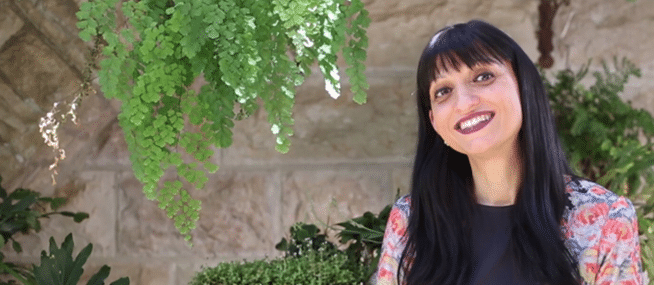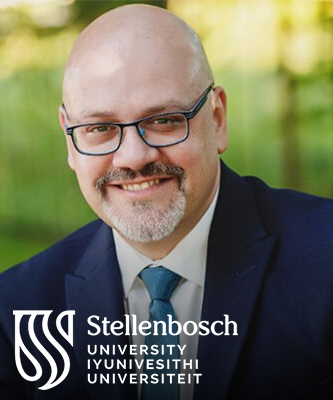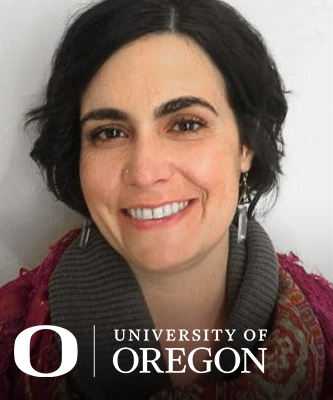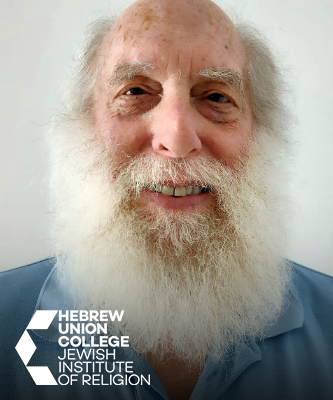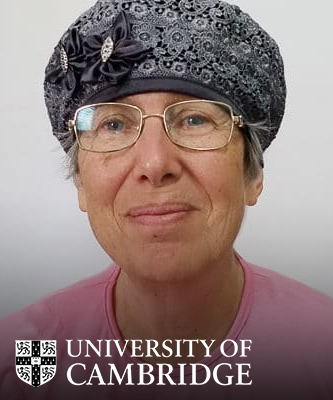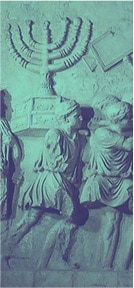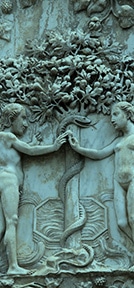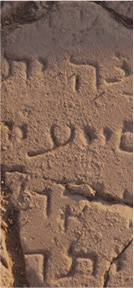Course Description
-
LevelIntermediate
-
Weekly Hours2 hrs
-
Duration9 Monts
-
LanguageEnglish
Up to now, you have probably learned many new sentences in Hebrew by heart and you feel comfortable using them in various situations. Now is the time to use your knowledge, take off the training wheels and begin expressing yourself freely! In this intermediate course, we introduce different texts about central Israeli issues and culture. Through these texts, you will enrich your vocabulary, learn verbs in the past tense and practice new syntactic structures. We will encourage you to express your opinion about the texts we read in class, thereby improving your fluency.
Read MoreCourse Author

Tamar Weyl, B.A.
Tami Weyl was a senior lecturer at the Rothberg International School for Foreign Students in the Hebrew University of Jerusalem. Tami Weyl has been serving…
Course Author

Shira Cohen-Regev, MS MSW
Shira Cohen-Regev finds the combination of teaching Hebrew and e-learning appealing and challenging and enjoys every minute of virtually teaching Hebrew. Shira believes in virtual…
Syllabus Summary
-
Present tense verb
In this unit we’ll go over all the groups of present tense verbs we know, as preparation for learning the past tense!
-
Simple verbs – Ayin-Vav group
Danny's aunt has arrived for a visit, and all day long she sings opera. What can he do?Danny is very tired…
-
Where did you live a year ago?
In this unit, we'll learn past tense conjugation of pa'al-stem verbs, of the Ayin-Vav type. By the end of the unit we'll know how to tell where we lived a year ago, and when was the last time we flew to Israel.
-
Birthday presents
In this unit we'll deepen our understanding of the subject of noun constructs. We'll eat chocolate cake and we'll buy history books.
-
A letter from Israel
In this unit we’ll go over the present tense conjugation and the infinitive construct of pa'al-stem verbs, and we'll read the letter Danny (who came to Israel to study) wrote to his parents.
-
What did you say? I didn’t hear!
In this unit we'll finally begin learning the past tense! We'll learn the past tense conjugation of pa'al-stem verbs (regular verbs) and we'll read about Rachel's trip to Eilat.
-
Altogether
Very organized people do the same things every day. What about you?
-
מטיילים בעולם ומסדרים את הבית Traveling throughout the world and keeping house
Dad and mom are traveling the world, while the children remain at home. In this unit, we'll learn many new verbs with the active construct (such as medabber (speak), metayyel (travel), meshalem (pay)…).
-
What’s Cooking?
In this unit, we will learn the past tense conjugation of Pi’el group.
-
Mine – Yours
In this unit we will learn the inflection of the preposition “של”. So whose book is this? Mine or yours?
-
Who Wants to be a Millionaire?
We will watch the television program “Who Wants to be a Millionaire?”, and while doing so, we will learn many verbs in Pa'al group, Lamed-yod type such as לראות, להיות, לקנות.
-
Touring Israel
Yosi and Rina toured Israel for five days. Where did they go? What did they see? We will tour with them and learn the past tense conjugation of Pa'al group, Lamed-yod type such as לראות, להיות, לקנות.
-
It's Worth Your While!
In this unit we will learn how to combine what we learned in the last two units. So how can I help you?
-
The boy doesn't stop playing with the computer! What's to be done?
Malka asks the psychologist for help. She has a problem. Her son Danny plays with the computer all day long. What do you think she should do?
-
Feeling good
In this unit we will learn the past tense conjugation of Hif'il, such as להרגיש
-
Present Tense
In this unit we will go over indirect speech and the present tense conjugation of Hitpa'el, such as להתפלל.
-
Past Tense + Review
In this unit we will learn the past tense conjugation of Hitpa'el (such as להתפלל), and review the past tense conjugations of all the verb groups we have studied.
-
To be With You
In this unit we will learn the inflection of the preposition “עם”.
-
Neighbors…
In this unit we will read about two neighbors – one of whom is rich and the other is poor. How do they get along?









